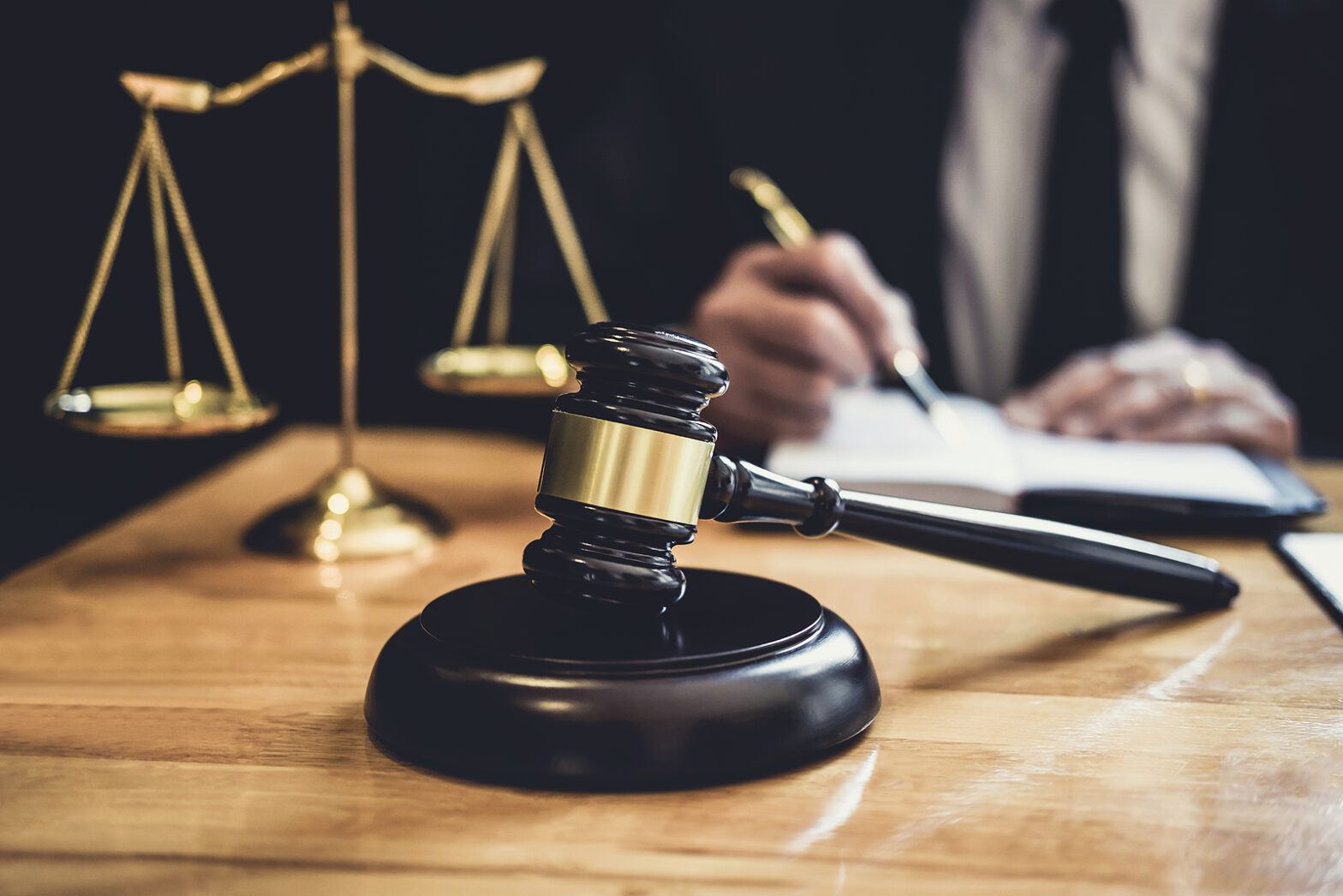Can You Be Jailed for Refusing to Unlock Your Phone?
William Montanez recently was released from a Florida jail after 44 days. His crime? He refused to unlock his phone.
Montanez was first arrested on suspicion of felony charges related to possession of THC oil and possession of a firearm. During the traffic stop, police found he had two iPhones, and as the phones were confiscated, a text message notification popped up on the screen: “OMG, did they find it?”
The police warned him that if he did not cooperate, they would get a warrant to search his phone. However, the phones were each locked with passcodes, which he asserted he did not have to reveal. Montanez defied the judge and the police when he was ordered to unlock his passcode-protected smartphone, and as a result, he was placed in custody for contempt of court.
Montanez was eventually released after pleading guilty to a misdemeanor charge related to marijuana, but the police never got to search his phones. His case highlights the rapidly changing legal landscape when it comes to your right to keep the information on your phone private.
Smartphones and the Law: An Evolving Legal Landscape
The Fourth Amendment prohibits searches and seizures without a warrant. In Riley v. California, the U.S. Supreme Court ruled that law enforcement personnel cannot search a person’s mobile phone unless they have a warrant, have been given consent by the phone’s owner, or that there are exigent circumstances (such as possible destruction of evidence on the phone). Thus, the rule established in 2014 on whether the police can confiscate and then search a person’s phone is pretty clear: they can only do so with consent or a warrant.
However, the technology that protects a phone makes it possible that another constitutional amendment can still protect the information. Though there is no ruling from the U.S. Supreme Court, many state supreme courts have already recognized that in the case of a phone that is locked with a password or passcode, there is a Fifth Amendment right that a person cannot be forced to testify against himself or herself. In short, if the key to unlock the phone is only known to you, there is a legal argument to be made that you can’t be forced to tell anyone the password or passcode.
What about phones that are locked with a fingerprint or facial recognition lock? In those cases, the legal argument is different. There is a growing body of case law that is narrowing the scope of the protection when it comes to smart devices that can be locked with biometric data. In these cases, courts are drawing a line at physical evidence. Courts have long held that the protection provided by the Fifth Amendment does not apply to physical evidence, such as fingerprints, hair and skin samples, or other readily apparent physical characteristics that are unique to each person.
So, for example, while your fingerprint cannot be protected from examination by law enforcement, you can refuse to tell police the pass code combination that will unlock your iPhone because that is a product of your mind that would require you to provide a communication of the information to police, which does trigger your Fifth Amendment right to not give self-incriminating testimonial information against yourself.
What About California Law?
California may make obtaining the warrant difficult in the first place. Earlier in 2019, a Northern California magistrate refused to issue a warrant in case where the police wanted access to a suspect’s smartphone through the use of the person’s biometric data. The magistrate wrote:
“If a person cannot be compelled to provide a passcode because it is a testimonial communication, a person cannot be compelled to provide one’s finger, thumb, iris, face, or other biometric feature to unlock that same device.
“The undersigned finds that a biometric feature is analogous to the 20 nonverbal, physiological responses elicited during a polygraph test, which are used to determine guilt or innocence, and are considered testimonial.”
Does all of this mean you will avoid a contempt charge if you refuse to cooperate with police? Not necessarily, because the court could find other grounds on which to order you held for contempt if you fail to cooperate in a manner that the law requires. This is why it is important that you retain an experienced criminal defense attorney as soon as possible to minimize the chance that your rights will be infringed upon by the police or by the court.
Contact the Criminal Defense Attorneys at Wallin & Klarich Right Away
Like William Montanez, we all have the right to exercise our constitutional rights to limit unlimited police intrusion into our lives, but not everyone is aware of how to use those rights. Having the right legal team at your side can make a real difference in whether you will have to submit evidence to law enforcement personnel. At Wallin & Klarich, our skilled team of attorneys and legal assistants has been successfully fighting for our clients’ constitutional rights for more than 40 years. We stay informed on trends in case law and in the legislatures around the country so that we can be prepared to give your case the best defense available, including working to exclude illegally obtained evidence. Let our knowledgeable attorneys help you, too.
With offices in Orange County, Riverside, San Bernardino, Los Angeles, San Diego, West Covina, Torrance, and Victorville, there is an experienced Wallin & Klarich criminal defense attorney available to help you no matter where you are located.
Contact our offices today at (877) 4-NO-JAIL or (877) 466-5245 for a free phone consultation. We will be there when you call.




